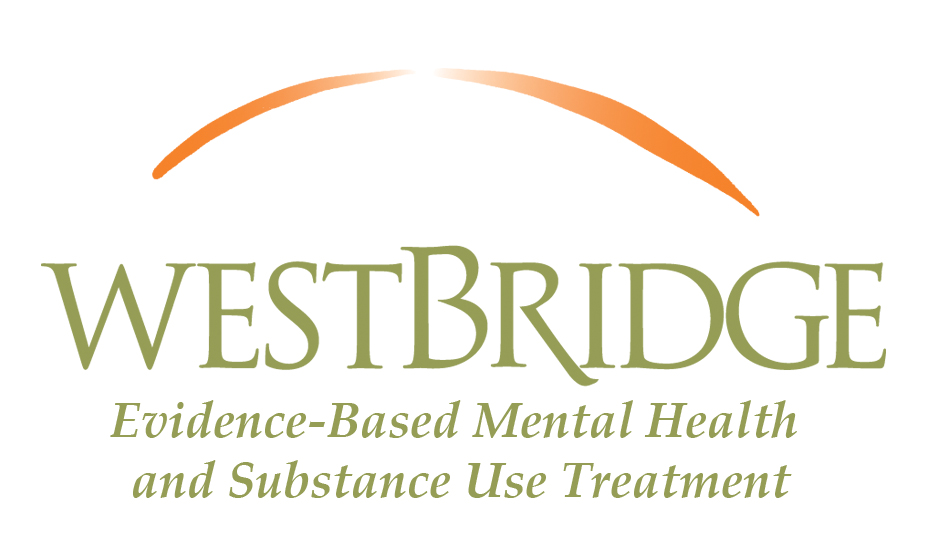 When a spouse, sibling, or close friend is in recovery, whether it’s from addiction, depression, anxiety, or another mental health challenge, your first instinct might be to jump in and try to help. But support isn’t always as straightforward as it seems. Too much involvement can feel like control and overwhelming to the family member in need. Too little can feel like abandonment and isolation. So how do families walk that fine line?
When a spouse, sibling, or close friend is in recovery, whether it’s from addiction, depression, anxiety, or another mental health challenge, your first instinct might be to jump in and try to help. But support isn’t always as straightforward as it seems. Too much involvement can feel like control and overwhelming to the family member in need. Too little can feel like abandonment and isolation. So how do families walk that fine line?
Families often think support means fixing. But recovery isn’t a repair job; it is not like fixing a flat tire on a bicycle. It’s rebuilding from the inside out. Your role as a family member isn’t to steer; it’s standing firm, staying steady, and reminding them they’re not alone.
Here are some suggestions on how families can become part of the solution and be supportive without becoming overwhelmed themselves or overbearing to the family member in need of help.
Step one is learning as much as you can about the recovery process. Understanding what your loved one is going through is eye-opening to many. Pick up a couple of books or listen to a podcast about their condition to start. Attend a support group for families. Learn the language of recovery so you can talk with them, not at them. The more you know, the more you can help.
People in recovery don’t need or want constant advice. They need to be heard. Listen without jumping to conclusions, cutting them off, or trying to “fix” the problem. Ask open-ended questions like, “How are you feeling today?” or “What kind of support feels good right now?”
Supporting someone going through recovery doesn’t mean tolerating harmful behavior. It is okay to say, “I can’t take calls after 9 p.m.,” or “I can help with a ride, but I can’t help you cover your rent.” Say it with care, not frustration. Tell them, “I care about you, and I need to protect my own well-being too in order to help you.” Clear boundaries can help you stay connected without burning out.
Recovery isn’t a straight line; it’s a road with many paths and branches. Some weeks they’ll seem to do great, then the next week might feel like square one. It’s important to notice and celebrate the little victories, like the first time they make it through a hard week without skipping therapy, making healthy choices, even just reaching out to someone to open up. Small wins matter just as much as big wins.
You can’t pour out of an empty cup. Supporting someone in recovery can be extremely emotionally taxing. You also need to find your own outlets: therapy, family support groups, walking the dog, painting, or even just some quiet time. Taking care of yourself isn’t selfish; it’s necessary. You can’t help others if you are not in a good mental place yourself.
Your presence and support won’t cure your loved one, but it can help carry them through. Support isn’t about perfection. It’s about consistency, kindness, compassion and showing up, again and again, even when things are hard.
Recovery takes a team. Families, when they stay open, educated, and emotionally steady, can become one of the most powerful parts of the healing process. Not by “fixing” but by being there, side by side, through the recovery process.
For more information about our programs, please visit https://www.westbridge.org/programs/.
WestBridge provides evidence-based treatment for adults and their families experiencing mental illness with or without substance use. Contact admissions for inquiries and questions
